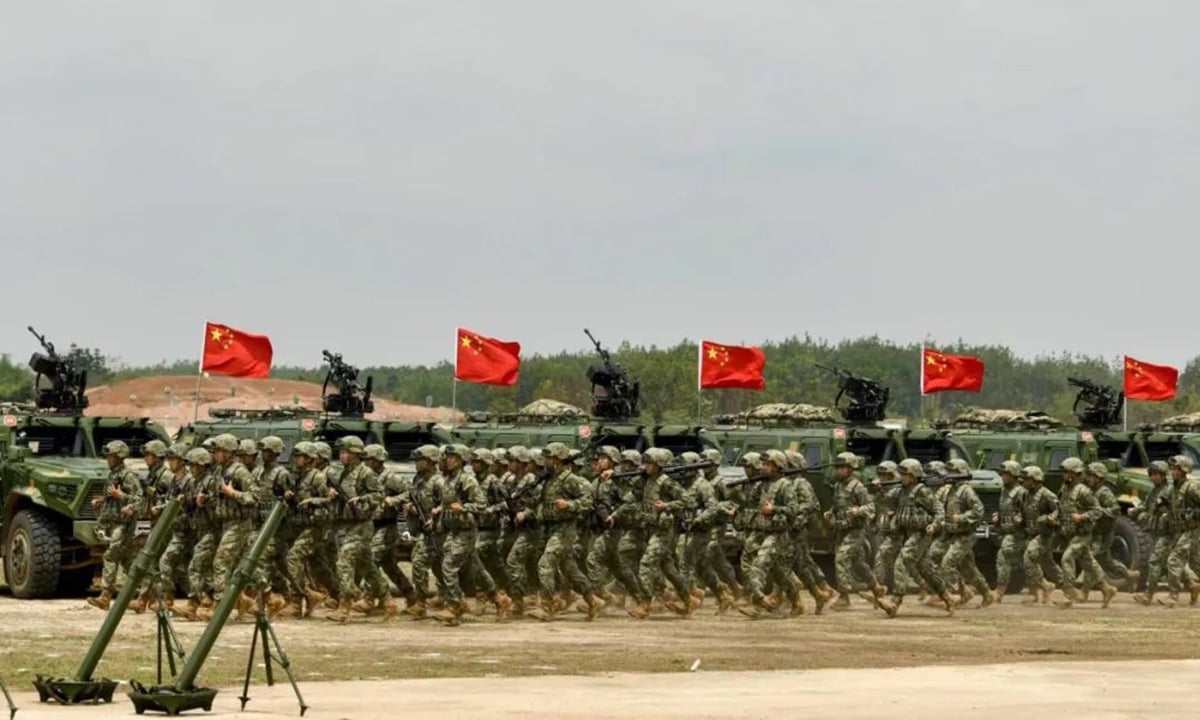The Impact of U.S.-China Trade Relations on Global Economics
Chinese President Xi Jinping has set ambitious goals for the People’s Liberation Army (PLA), aiming for readiness for a potential Taiwan invasion by 2027 and seeking to surpass the U.S. military by 2035. This modernization drive is largely fueled by the revenues generated from American investments in China and purchases of Chinese goods.
The Impact of Tariffs on U.S.-China Trade Dynamics
Media analysis often blames former President Trump’s implementation of tariffs on Chinese imports as ineffective, arguing that these tariffs only resulted in raising prices for American consumers, making Chinese products less competitive in the U.S. market. Critics also warn that a potential reimplementation of tariffs under a Trump administration would exacerbate this issue.
However, a deeper understanding of economics reveals that the purpose of tariffs is to increase the cost of foreign goods, thereby discouraging their consumption and encouraging domestic production. From an economic perspective, the tariffs imposed by the U.S. on Chinese imports succeeded in achieving this objective by making Chinese products relatively more expensive, prompting some consumers to seek alternatives produced domestically.
- Manufacturers are relocating from China to countries like Mexico, India, Indonesia, and Vietnam to circumvent tariffs and reduce production costs.
- China’s foreign direct investment has declined significantly, with a 30-year low in net investment and negative trends in factory activity and youth unemployment rates.
- The tariffs have led to a shift in supply chain dynamics, prompting American companies to consider reshoring manufacturing operations back to the U.S.
The Strategic Implications of Tariffs on U.S. National Security
By reducing Beijing’s economic resources through tariffs, investment bans, and sanctions, the U.S. aims to enhance its national security interests. China’s economic influence extends beyond its borders, supporting regimes like North Korea, Russia, and Iran, which in turn fund various non-state actors hostile to U.S. interests.
While mainstream media critiques the effectiveness of tariffs, advocating for more stringent measures, proponents argue that an escalation in tariffs, such as the proposed 60% tariff by President Trump, could further diminish China’s role as the world’s leading manufacturing hub.
It is clear that the complex interplay between trade policies, economic incentives, and national security considerations underscores the strategic significance of U.S.-China trade relations in shaping the global economic landscape.
Image/Photo credit: source url





